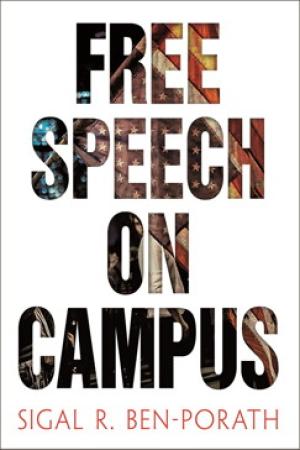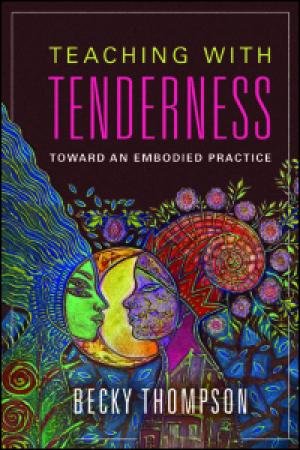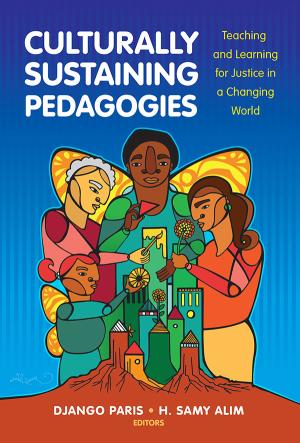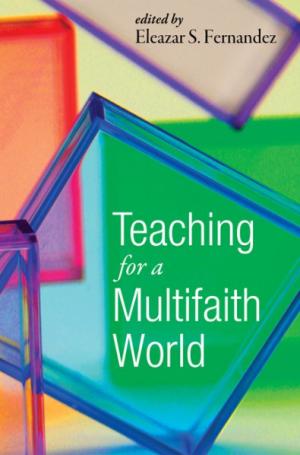Resources

Click Here for Book Review From the University of California, Berkeley, to Middlebury College, institutions of higher learning increasingly find themselves on the front lines of cultural and political battles over free speech. Repeatedly, students, faculty, administrators, and politically polarizing invited guests square off against one another, assuming contrary positions on the limits of thought and expression, respect for differences, the boundaries of toleration, and protection from harm. In Free Speech on Campus, political philosopher Sigal Ben-Porath examines the current state of the arguments, using real-world examples to explore the contexts in which conflicts erupt, as well as to assess the place of identity politics and concern with safety and dignity within them. She offers a useful framework for thinking about free-speech controversies both inside and outside the college classroom, shifting the focus away from disputes about legality and harm and toward democracy and inclusion. Ben-Porath provides readers with strategies to de-escalate tensions and negotiate highly charged debates surrounding trigger warnings, safe spaces, and speech that verges on hate. Everyone with a stake in campus controversies—professors, students, administrators, and informed members of the wider public—will find something valuable in Ben-Porath's illuminating discussion of these crucially important issues. (From the Publisher)
This essay explores challenges that arise for professors who teach critical theory in our current climate of conservatism. Specifically, it is argued that the conservative commitments to non-revolutionary change and reverence for tradition are corrupted in our current political and intellectual climate. This corruption, called "ideological imperviousness," undermines the institutional structures put in place to produce a functional educational environment that imposes an unjust vulnerability on professors and risks depriving students of the opportunity to acquire the critical skills necessary to combat their own vulnerabilities.
In classes that examine entrenched injustices like sexism or racism, studentssometimes use ‘‘distancing strategies’’ to dissociate themselves from the injustice being studied. Education researchers argue that distancing is a mechanism through which students, especially students of apparent privilege, deny their complicity in systemic injustice. While I am sympathetic to this analysis, I argue that there is much at stake in student distancing that the current literature fails to recognize. On my view, distancing perpetuates socially sanctioned forms of ignorance and unknowing, through which students misrecognize not only their complicity in injustice, but also the ways that injustice shapes the world, their lives, and their knowledge. Thus, distancing is pedagogically problematic because it prevents students from understanding important social facts, and because it prevents them from engaging with perspectives, analyses, and testimonies that might beneficially challenge their settled views and epistemic habits. To substantiate this new analysis, I draw on recent work on epistemologies of ignorance, especially Jose´ Medina’s account of ‘‘active ignorance.’’ In order to respond to student distancing, I argue, it is not sufficient for teachers to make students aware of injustice, or of their potential complicity in it. Beyond this, teachers should cultivate epistemic virtue in the classroom and encourage students to take responsibility for better ways of knowing. The article ends by outlining several classroom practices for beginning this work. Keywords Pedagogy Distancing Epistemology of ignorance Active ignorance
Inspired by the #FergusonSyllabus, the #StandingRockSyllabus, the #BlackIslamSyllabus and others, this reading list provides resources for teaching and learning about anti-Muslim racism in the United States. 
Video. Pedagogy & Theatre of the Oppressed, Inc. (PTO) supports people whose work challenges oppressive systems by promoting critical thinking and social justice through liberatory theatre and popular education. Our vision is to create global access to popular education pedagogy and liberatory theatre of the oppressed methods to support a world based on radical love and social justice in stead of oppression and violence.
Almost twenty-five years ago a small, liberal arts college began a journey into critical pedagogies, both in some classes and at the departmental level. Students and faculty engage in department work together--setting curriculum, assessing programs, planning events, and rotating chairing of meetings. We are attempting to engage in transformative leadership with each other, as we re-imagine what a truly radical, democratic department would look like.

Click Here for Book Review Imagine a classroom that explores the twinned ideas of embodied teaching and a pedagogy of tenderness. Becky Thompson envisions such a curriculum--and a way of being--that promises to bring about a sea change in education. Teaching with Tenderness follows in the tradition of bell hooks's Teaching to Transgress and Paulo Freire's Pedagogy of the Oppressed, inviting us to draw upon contemplative practices (yoga, meditation, free writing, mindfulness, ritual) to keep our hearts open as we reckon with multiple injustices. Teaching with tenderness makes room for emotion, offer a witness for experiences people have buried, welcomes silence, breath and movement, and sees justice as key to our survival. It allows us to rethink our relationship to grading, office hours, desks, and faculty meetings, sees paradox as a constant companion, moves us beyond binaries; and praises self and community care. Tenderness examines contemporary challenges to teaching about race, gender, class, nationality, sexuality, religion, and other hierarchies. It examines the ethical, emotional, political, and spiritual challenges of teaching power-laden, charged issues and the consequences of shifting power relations in the classroom and in the community. Attention to current contributions in the areas of contemplative practices, trauma theory, multiracial feminist pedagogy, and activism enable us to envision steps toward a pedagogy of liberation. The book encourages active engagement and makes room for self-reflective learning, teaching, and scholarship. (From the Publisher)

Culturally Sustaining Pedagogies raises fundamental questions about the purpose of schooling in changing societies. Bringing together an intergenerational group of prominent educators and researchers, this volume engages and extends the concept of culturally sustaining pedagogy (CSP)—teaching that perpetuates and fosters linguistic, literate, and cultural pluralism as part of schooling for positive social transformation. The authors propose that schooling should be a site for sustaining the cultural practices of communities of color, rather than eradicating them. Chapters present theoretically grounded examples of how educators and scholars can support Black, Indigenous, Latinx, Asian/Pacific Islander, South African, and immigrant students as part of a collective movement towards educational justice in a changing world. (From the Publisher)

Click Here for Book Review When religious diversity is our reality, radical hospitality to people of other faiths is not a luxury but a necessity. More than necessary for our survival, radical hospitality to religious diversity is necessary if we are to thrive as a global society. By no means does the practice of hospitality in a multifaith world require that we be oblivious of our differences. On the contrary, it demands a respectful embrace of our differences because that's who we are. Neither does radical hospitality require that we water down our commitment, because faithfulness and openness are not contradictory. We must be able to say with burning passion that we are open to the claims of other faiths because we are faithful to our religious heritage. The essays in this book do not offer simply theological exhortations; they offer specific ways of how we can become religiously competent citizens in a multifaith world. Let's take the bold steps of radical openness with this book on our side! (From the Publisher)
Classroom instructors implementing pedagogical strategies for embodied learning about sexuality and religion need institutional support and assistance from colleagues and mentors to be successful. One means of providing institutional and peer support for classroom instructors is to host and lead a pedagogy workshop. Building on the work of Ott and Stephens on embodied learning and other articles and teaching tactics found throughout this issue of Teaching Theology and Religion, this article presents a sample design for a two-hour workshop with faculty and/or graduate teaching assistants on the topic of teaching sexuality and religion. Non-expert facilitators can lead this workshop and it is intended to start a conversation about pedagogy rather than to provide definitive answers to end the discussion. The goals are to demystify a taboo topic and to provide concrete strategies for teaching that will promote responsible engagement and a better-integrated learning experience for students.